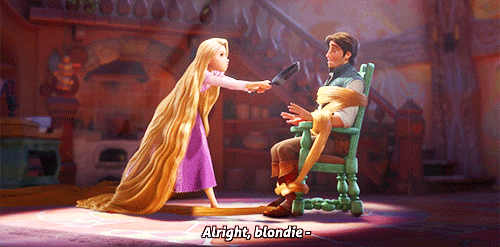Melalta - Fickled Ghoti
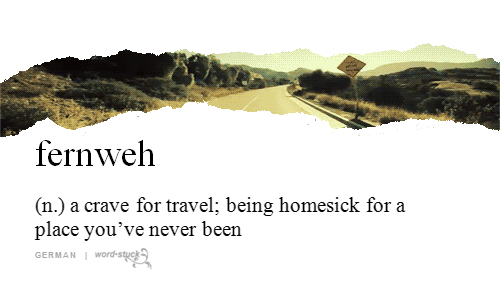
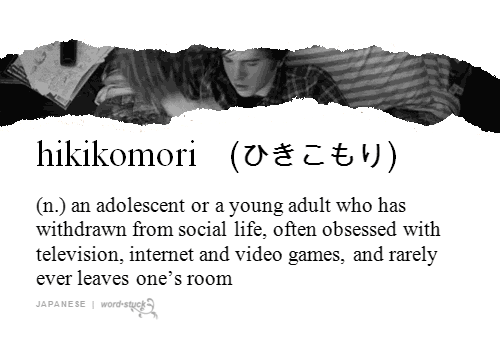
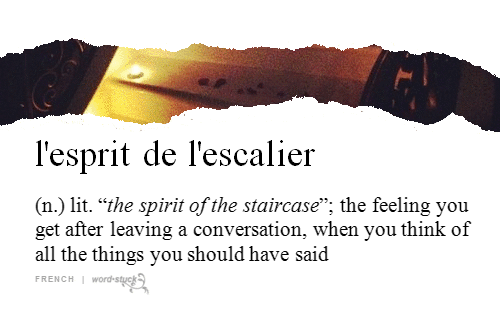
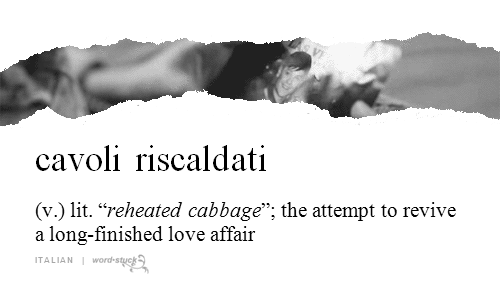


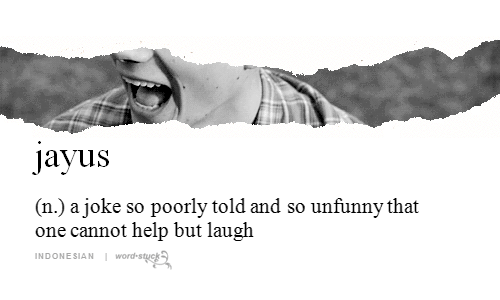
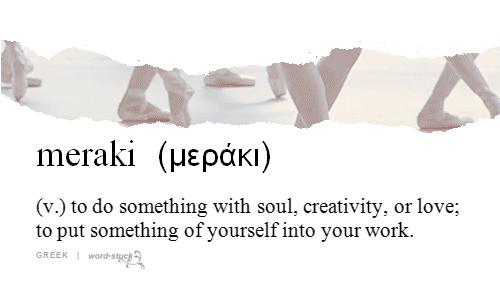
More Posts from Melalta and Others
The Migratory Bird Treaty Act was passed in 1818 and makes it illegal for people in the US to “take,” which means killing, injuring, or possessing, migratory birds in most circumstances. That includes accidental take, such as in oil spills, bioaccumuliation of poisons, or building on bird habitat.
New proposed rules would make accidental takes legal. This change would mostly impact industries (and of course, the birds that they kill), and has nothing to do with people who pick up bird remains on purpose.
the fact that danny fenton will never be completely human again really fucks me up
australians dont have sex
australians mate
Yes. Yes. Hello. Linguistics grad student here. Big fan of historical and socio- phonetics. Let's look at a few concrete examples.
"It is a widely held belief that colonial or Extraterritorial (ET) dialects are inherently conservative. Being out of touch with the trendier developments of their Mainland sources, they develop more slowly, and are likely to show distinctly archaic features. This property has come to be known as 'colonial lag'. The notion is alive and well in English folk-linguistics: the 'pure Elizabethan English' periodically supposed to be spoken in the fastnesses of Appalachia is one of its loonier and better-known manifestations. Even sober scholars are prone to hold similar ideas; though colonial lag as a global property of ET dialects has now been discredited in a fine study by Manfred Görlach (Lass, 1990)." Some examples from this article of cases in which neither American nor England English are the most traditional: Modern Scots, despite being, you know, in Britain, has a number of conservative forms such as the velar fricative (like the <ch> in "loch", or German "Bach", found in Old English pronunciation of words like "night") that are lost in most other Englishes. While most Englishes merged the vowels of words like "earn" and "urn", Southern Hiberno-English (Ireland, though not all varieties) has kept these separate (with roughly the vowels of "bet" and "but" respectively).
Many dialects of North America keep the r where standard England English drops it, but here's some sounds Americans changed and the English preserved (from Schneider et al., 2004): pin/pen merger: the "eh" vowel becomes more like "ih" when before nasals (n, m, ng), so where in the conservative form "pen" and "pet" have the same vowel, in the innovative form found in the speech of many Americans (MOST MARKEDLY IN THE SUPPOSEDLY TRADITIONAL SPEECH OF THE SOUTH), the vowel in "pen" merges with the vowel in "pin". Betty bought a bit of bitter butter: in RP English, every /t/ in this phrase is pronounced as a classic t sound, but becomes a light d sound in North American speakers. (Compare "bitter" and "bidder" in an American accent and a posh English accent.)
This is all just English, but I'm sure New World French, Spanish, and Portuguese, and other post-colonial European languages work similarly. Icelandic is another interesting example: often referenced because of its geographic isolation from other Scandinavian languages, it kept certain Old Norse verb endings, but lost features like vowel length (Lass, 1990).
So what did English of Shakespeare's time sound like? There were many dialects of English back then and the language was in flux, so there's no single answer, but in general, it was definitely not identical to any current living dialect of English. If you can imagine a slightly illiterate Canadian pirate, you're in the ballpark. (For examples and explanation from scholars: https://www.youtube.com/watch?v=gPlpphT7n9s )
Sincerely, your friendly neighborhood linguist
The sources: Lass, R. (1990). Early Mainland Residues in Southern Hiberno-English. Irish University Review, 20(1), 137-148. Retrieved from http://www.jstor.org/stable/25484343 Schneider, E. W., Burridge, K., Kortmann, B., Mesthrie, R., & Upton, C. (2004). A handbook of varieties of english: A multimedia reference tool two volumes plus CD-ROM. De Gruyter Mouton Courses I've taken, including sociolinguistics, history of English, and historical linguistics.
In short: Statements like 'Americans kept the original British accent' or 'Southern drawl is slowed-down British' are drastic and misleading oversimplifications. Dialects that are conservative in some senses are innovative in others. Because languages - ALL languages - change over time. Also, Shakespeare would sound strange to any modern ear.
at what point in history do you think americans stopped having british accents

#etymology
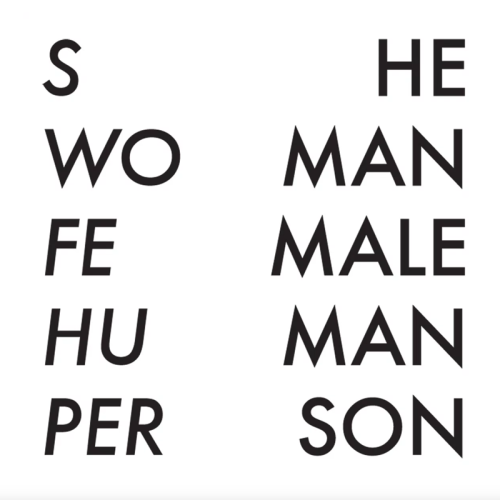
»swofehuper« by richard tipping (+)
[via]
-
 mojozozozozomojo liked this · 2 months ago
mojozozozozomojo liked this · 2 months ago -
 legendaryhologramavenue liked this · 2 months ago
legendaryhologramavenue liked this · 2 months ago -
 elmermeromero liked this · 2 months ago
elmermeromero liked this · 2 months ago -
 gooddogbad reblogged this · 2 months ago
gooddogbad reblogged this · 2 months ago -
 moondoggy81 reblogged this · 2 months ago
moondoggy81 reblogged this · 2 months ago -
 cchris47 liked this · 2 months ago
cchris47 liked this · 2 months ago -
 lasynthese liked this · 2 months ago
lasynthese liked this · 2 months ago -
 orpheus-rising liked this · 2 months ago
orpheus-rising liked this · 2 months ago -
 nirvanas-xanadu reblogged this · 2 months ago
nirvanas-xanadu reblogged this · 2 months ago -
 nirvanas-xanadu liked this · 2 months ago
nirvanas-xanadu liked this · 2 months ago -
 hangry2200 reblogged this · 3 months ago
hangry2200 reblogged this · 3 months ago -
 hangry2200 reblogged this · 3 months ago
hangry2200 reblogged this · 3 months ago -
 hangry2200 liked this · 3 months ago
hangry2200 liked this · 3 months ago -
 belosers reblogged this · 3 months ago
belosers reblogged this · 3 months ago -
 simnaa liked this · 3 months ago
simnaa liked this · 3 months ago -
 femantisual reblogged this · 4 months ago
femantisual reblogged this · 4 months ago -
 weisskunig reblogged this · 5 months ago
weisskunig reblogged this · 5 months ago -
 ai-meems liked this · 5 months ago
ai-meems liked this · 5 months ago -
 mind-the-drift liked this · 6 months ago
mind-the-drift liked this · 6 months ago -
 progressivetune liked this · 6 months ago
progressivetune liked this · 6 months ago -
 haveahearttinman reblogged this · 8 months ago
haveahearttinman reblogged this · 8 months ago -
 miami-shell liked this · 9 months ago
miami-shell liked this · 9 months ago -
 itsokayliveeasy liked this · 11 months ago
itsokayliveeasy liked this · 11 months ago -
 smellslikemarlbororeds liked this · 11 months ago
smellslikemarlbororeds liked this · 11 months ago -
 kirarahu liked this · 11 months ago
kirarahu liked this · 11 months ago -
 randomkiwibirds reblogged this · 11 months ago
randomkiwibirds reblogged this · 11 months ago -
 a-little-psycho liked this · 11 months ago
a-little-psycho liked this · 11 months ago -
 the-letter-horror-lover liked this · 11 months ago
the-letter-horror-lover liked this · 11 months ago -
 httyd-mc-pl-twilight liked this · 1 year ago
httyd-mc-pl-twilight liked this · 1 year ago -
 aestheticbrowsing liked this · 1 year ago
aestheticbrowsing liked this · 1 year ago -
 kaizenvie liked this · 1 year ago
kaizenvie liked this · 1 year ago -
 bellaviata reblogged this · 1 year ago
bellaviata reblogged this · 1 year ago -
 bellaviata liked this · 1 year ago
bellaviata liked this · 1 year ago -
 whitestnoise liked this · 1 year ago
whitestnoise liked this · 1 year ago -
 wylldebee reblogged this · 1 year ago
wylldebee reblogged this · 1 year ago -
 demyxix liked this · 1 year ago
demyxix liked this · 1 year ago -
 inakh liked this · 1 year ago
inakh liked this · 1 year ago -
 langsknowing liked this · 1 year ago
langsknowing liked this · 1 year ago -
 thesethingsarestuckinmyhead reblogged this · 1 year ago
thesethingsarestuckinmyhead reblogged this · 1 year ago -
 shitpost-no-kyojin liked this · 1 year ago
shitpost-no-kyojin liked this · 1 year ago -
 roselyn-writing liked this · 1 year ago
roselyn-writing liked this · 1 year ago
fickled ghoti [pʰɪkəld fɪʃ] n : A blog made up primarily of linguistic play.
208 posts

